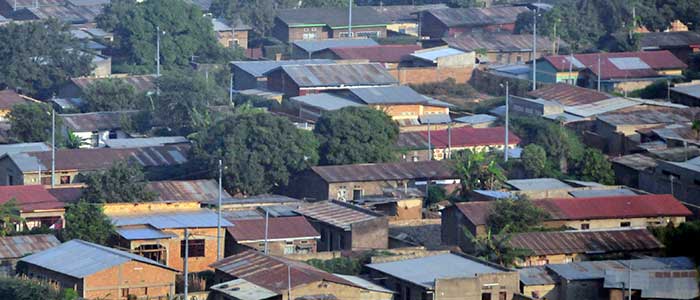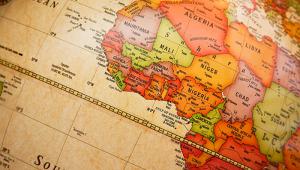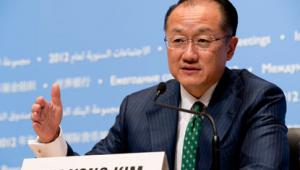Web_Burundi_iStock_000078368633_Large.jpg

Rooftops in Bujumbura, Burundi
Two United Nations emergency directors, the UN high commissioner for human rights, and the Inter-Parliamentary Union have all warned against the quickly intensifying violence in the central African country.
Worsening conflict has pushed Burundi to the “very cusp” of a civil war that could erupt into ethnic violence with serious consequences for the rest of the region and “catapult the country back to its “deeply troubled, dark and horrendously violent past”, UN human rights chief Zeid Ra’ad Al Hussein said.
At least 400 people have been killed, thousands have been arrested and hundreds of thousands more have fled since April, when the country’s president Pierre Nkuruziza announced he would seek to extend his 10-year rule with a third term in office.
The announcement sparked violent and deadly demonstrations, a failed coup in May and clashes between rebel soldiers and the army as the government responded sharply to opposition protestors, who it has branded terrorists.
Nkurunziza secured his final term in office in disputed elections in July, giving rise to further, intensifying violence that echoes the 12-year, ethnically-charged civil war that ended in 2005. Over 300,000 people were killed as Hutus rebelled against the country’s Tutsi armed forces.
Hussein said the “carnage” of the past week – during which 87 people in the country’s Capital Bujumbura were killed and reportedly bound and shot – confirmed the “extent to which violence and intimidation are catapulting the country back to the past” and have pushed a political solution further out of reach.
Journalists and human rights defenders are amongst the 220,000 people who have fled to neighbouring countries.
Hussein said many more of these are the same families that had to abandon their homes during the civil war and had returned home over the past decade full of hope for peace, stability and economic growth. “Imagine the despair of having to relive such desperation yet again,” he said.
Among those who remain, Hussein said the “fear is palpable”. The population are “fed a diet of fear and paranoia” and at risk of being recruited into the violence by either side.
“The consequence of the mobilisation of more such individuals would be catastrophic – especially given that ethnic elements are already being stoked,” he said.
“Burundi is facing a critical crossroads,” warned John Ging, emergency director for the Office for the Coordination of Humanitarian Affairs.
“Action is needed now to prevent a descent into catastrophic violence. Worsening tension in a country with a history of deep ethnic divisions must be urgently addressed.”
The IPU and Hussein also called for quick action from the international community, Burundian leaders, and the country’s neighbours.
In November Hussein asked the UN Security Council to consider all options that might allay the violence including asset freezes and travel bans, and today said these calls are more relevant than ever.
Members of the European Parliament also called for the suspension of EU aid to the country. The African Union said earlier that the continent “will not allow another genocide to take place on its soil”.













